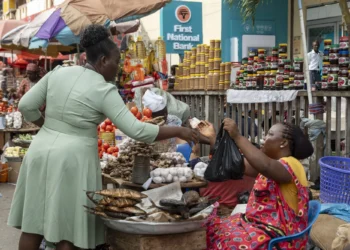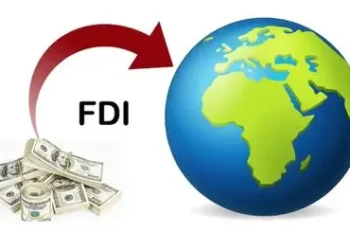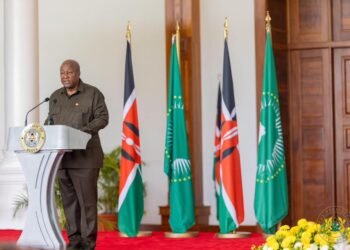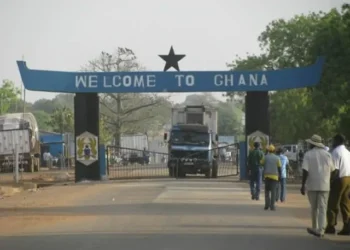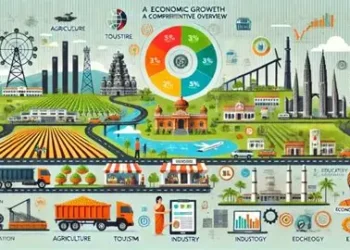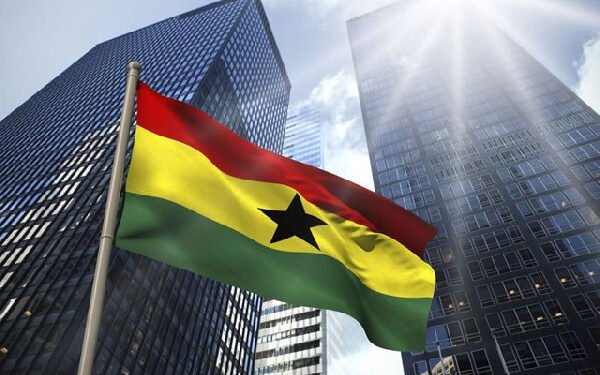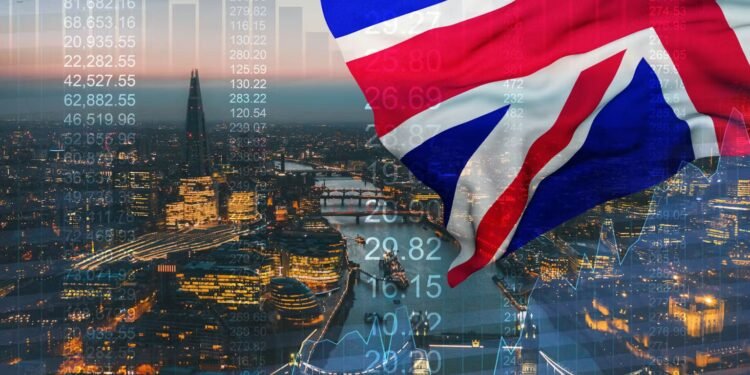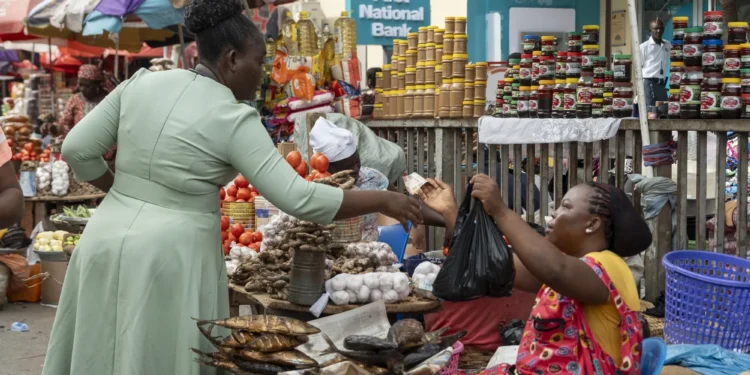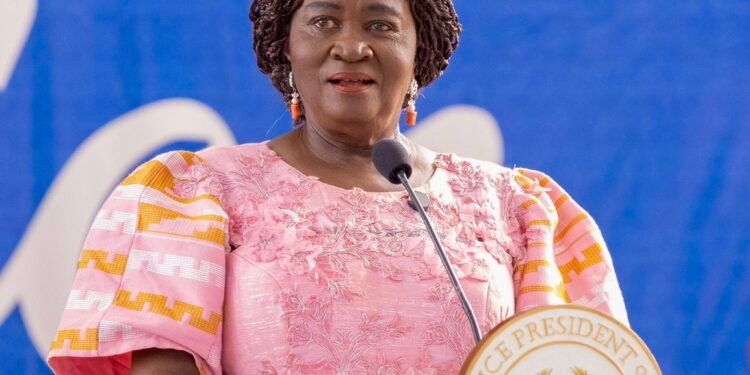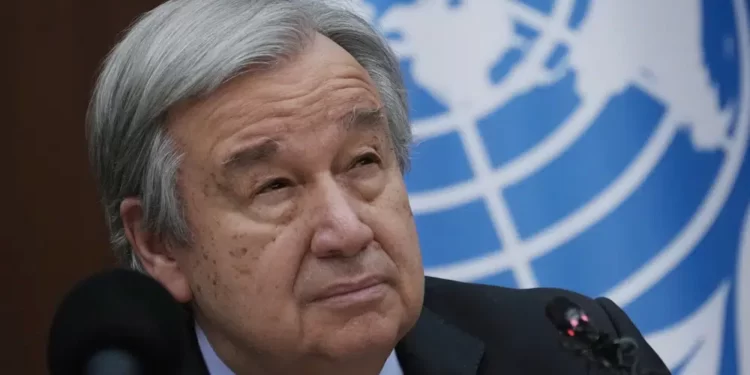Ghana has been ranked among Africa’s top 8 largest economies by the International Monetary Fund (IMF), signaling improved economic fortunes of the country.
According to the latest IMF ranking, Ghana’s Gross Domestic Product (GDP) is estimated at US$ 113.49 billion in 2026, marking a 4.8% growth. Ghana is also expected to grow at 4% by end of 2025.
Ghana is closely behind Ethiopia, whose GDP is projected to be US$ 125.74 billion in 2026, and ahead of Côte d’Ivoire with a US$ 111.45 billion. The largest economy in Africa is South Africa, with a projected GDP of US$ 443.64 billion for 2026. Nigeria, with the largest population in Africa, continues at number 3 behind Egypt, with a GDP of US$ 334.34 billion in 2026.
Ghana is again ranked as the 10th richest country in Africa with a GDP, at current price value, of US$ 111.96 billion. Ghana currently has about a 3.10% share of Africa’s GDP. African countries richer than Ghana are South Africa, Egypt, Algeria, Nigeria, Morocco, Kenya, Ethiopia, Angola, and Côte d’Ivoire in order of GDP size.
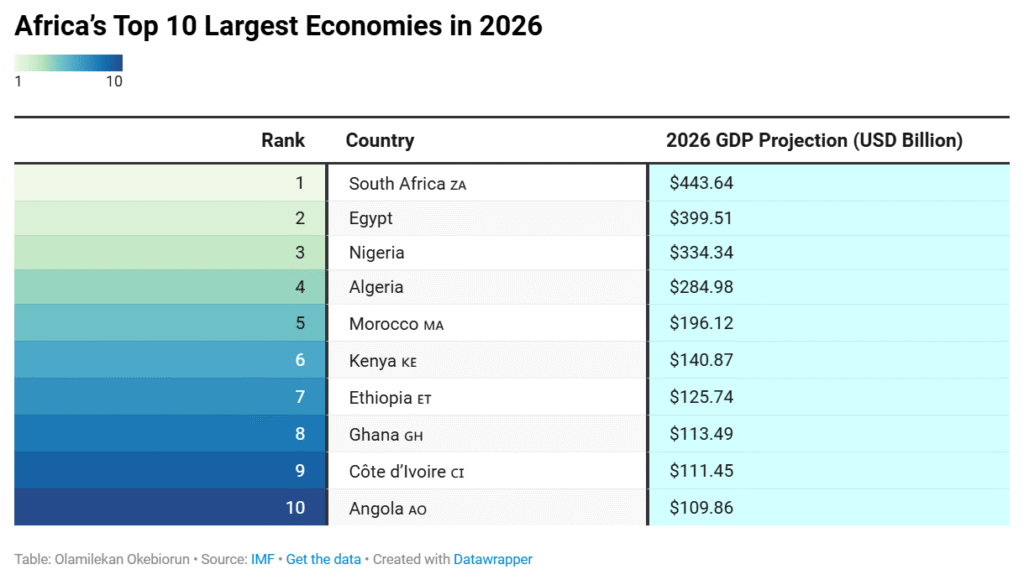
Ghana’s GDP
Ghana’s GDP growth has been on a steep decline since 2021. In 2021, Ghana’s GDP was US$ 79,514 million, representing a 5.1% growth from the previous year. Growth in 2022 reduced to 3.8% and then 3.1% in 2023.
According to the IMF, policy challenges and external shocks left Ghana in 2022, with a macroeconomic crisis resulting in the closure of international markets, depreciation of the cedi, increased inflation, and decreased private credit due to domestic borrowing.
With Ghana’s debt reaching 92.6% of its GDP, an IMF-supported recovery program was launched in May 2023, including comprehensive debt restructuring. Ghana’s GDP growth subsequently augmented to 5.7% in Q4, 2024 (US$ 82,825 million) due to the successful execution of a US$ 13 billion Eurobond exchange and a Memorandum of Understanding with the IMF.
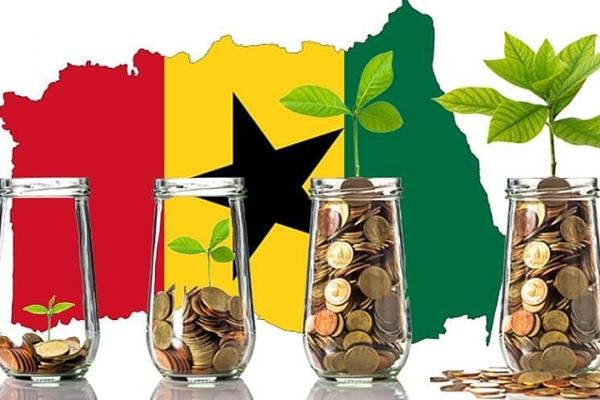
In 2025, Ghana resumed its Eurobond service and continued its domestic coupon payments. Ghana has gained macroeconomic stability with its debt less than 50% of its GDP and a relatively stable currency. The 2nd quarter of 2025 real GDP was up 6.3% year-on-year from the 5.7% in Q4, 2024. The agriculture and service sectors led this growth. The external position strengthened, with a current account surplus and rising reserves.
African Outlook
Africa previously received global attention for its enormous natural resources. Currently, the continent is being recognized for its growing role in global trade realignment. By 2026, its GDP is projected to reach US$ 3.32 trillion with stable investment inflows and a post-pandemic economic recovery.
While global economic growth is projected to reduce from 3.3% in 2024 to 3.2% in 2025 and further to 3.1% in 2026, advanced countries are projected to expand modestly, averaging 1.5% growth. Developing countries, including African countries, are expected to grow at 4% in a slightly accelerated pace.
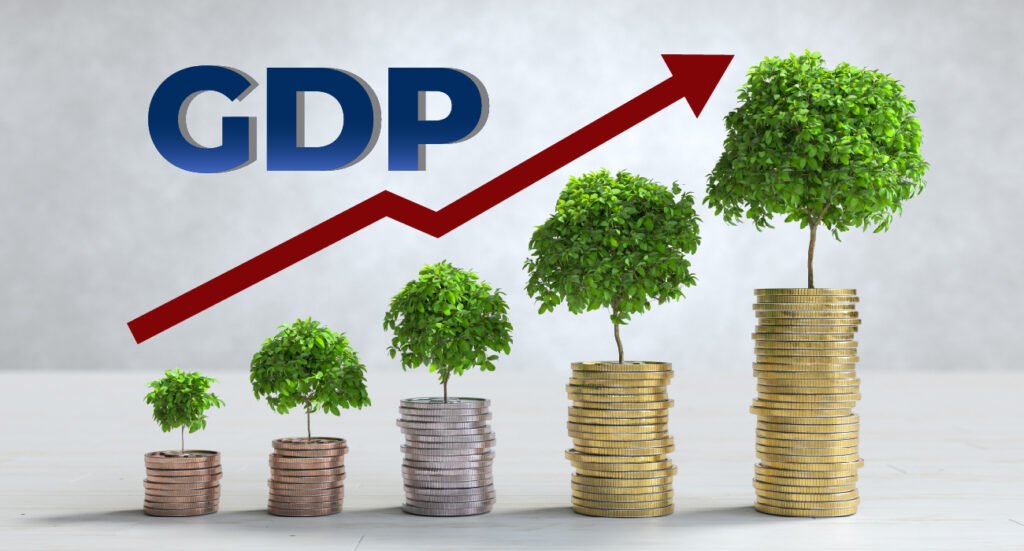
According to the IMF, “North and Southern African nations have the largest economies, while East and West African countries are experiencing steady growth despite structural challenges. The continent presents both opportunities and complexities, requiring careful planning and long-term strategies to support sustainable economic development.”
Government’s Role in Sustaining Growth
Ghana has gained a milestone in its macroeconomic stability and debt sustainability with the government’s current judicious implementation of the IMF program; the foundation for higher and more inclusive growth is set.
Ghana must continue steadfastly with the implementation of the Program amid the current locked gains, IMF warns. Though the program will end in May 2026, adherence to the program’s policies will determine if Ghana can independently sustain current growth.
The Governor of the Bank of Ghana, Dr. Johnson Asiama; the Minister of Finance, Dr. Cassiel Ato Forson; and the President of Ghana, H.E. John Dramani Mahama, the leaders of the Ghanaian economy, have all expressed their willingness to be fiscally disciplined, avoid complacency, and work dedicatedly on every problem.

Experts and professionals are constantly making suggestions and criticisms, aiming for the betterment of the Ghanaian economy. While some professionals have questioned the readiness of the country to exit the IMF program, others have expressed optimism that Ghana ‘has the men’ to make the country a global spectacle.
All citizens are encouraged to support the ambitious initiatives the government is implementing. Necessary criticism and praise should be given when appropriate. Economic growth and development are achievable only through collaboration and persistence.
Ghana is currently ranked as the 8th largest economy in Africa and the 10th richest country in Africa – a confirmation that with resilience, prudence, discipline, and willingness, Ghana can advance among her peers.
The IMF, Ghanaian professionals, and all well-meaning sympathizers of the country are calling for the sensitization of Ghana’s political landscape; implying that, Ghana’s political actors can make or break the country.
READ ALSO: Galamsey: NAIMOS Strikes, Arrests Armed Imposters




